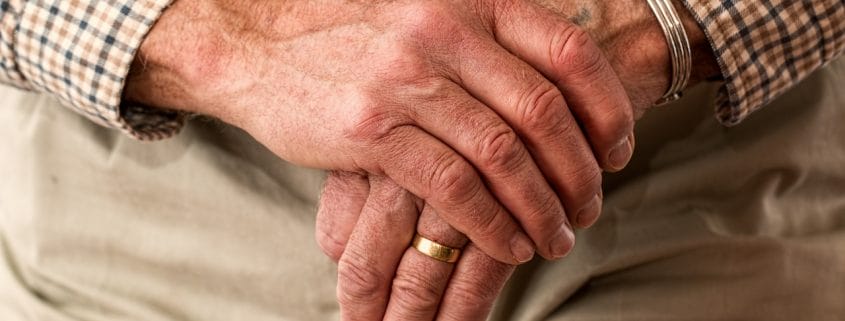Here Are Some Common Signs of Nursing Home Abuse, And What to do About it
Many of us have an elder in our lives that we care about, whether it be a parent, grandparent, or friend. And while not every elder is in a nursing home, many are. We put these people in nursing homes in hopes that they will be in a safe and enjoyable community. While this is usually the case, sometimes elders have horrible experiences at the hands of elder abuse. Elder abuse, like all of the other forms of abuse, can mean emotional, sexual, or physical trauma has occurred. And the worst part is, too many people assume abuse could never happen to an elder. Well, think again. Unlike other horrible situations of abuse, elders are isolated in their nursing home. Sure, they are around other residents and staff members. But, they are not around their family as much. This isolation means that elder abuse can often fly under the radar for some time before a family member or friend catches on.
If you have had any suspicions of elder abuse going on where your loved one is at, report it immediately. But, in the meantime, read up on our guide on some of the common signs of elder abuse.
Frequent and Random Infections
The elderly tend to have more medical issues and infections than the average person. As humans age, they are at a higher risk of falling ill and dealing with more health complications. With this in mind, it’s important to remember that even though the elderly are more at risk, it does not mean that they should have a new infection every single week. Frequent infections and infections that happen randomly with no medical cause is a warning sign that something is not right. If your loved one has been coming down with random infections it may be time to question the nursing home.
Malnutrition
When elders are in the nursing home they are there because they cannot care for themselves. It is up to the staff and facility to care for the elderly and ensure they are cared for, well-fed, and have all of the medications they need. While the elderly do tend to have less of an appetite and weaker tastebuds, they still need to eat the proper caloric amount to stay healthy. If you visit your loved one and notice that they are looking skinnier than usual, then there may be an issue worth looking into. While losing weight may happen, checking to make sure it isn’t drastic is vital. There is a huge difference between 10 pounds and 50. This is critical as malnutrition can end up worsening your loved one’s conditions or harming their general health. On top of this, being hungry for a long time is uncomfortable.
Unsanitary Conditions
Living in an elder home takes away the pressures of owning or renting your own home. This means no cooking, cleaning, or other tasks such as lawn work. The staff in the nursing homes take care of all of this so the elderly can relax. When you visit your loved one the nursing home should be clean, in good condition, and have quality living settings. If you visit and notice that the home is dirty and looks unsanitary, it’s time to consider calling an attorney and reporting the facility. Living in an unsanitary setting is a form of abuse that many fail to consider; however, it takes just as large of a toll physically and mentally as other forms of abuse do. Don’t let your loved ones live like this, especially since they are not in a position to clean. Reach out to Bernstein | Polsky today.
Contact us today to learn more about what you can do if you suspect your loved one is experiencing abuse or neglect.
Elder abuse comes in many forms, and it is not always easy to spot. However, if you have any suspicions or feel uncomfortable in the slightest, it’s better to call and report the problem than to ignore it. A small sanitary problem is even worth calling. You never know, it may prevent worse forms of abuse from happening. In the worst-case scenario, you are being a little overprotective, and in the alternative situation, you are helping a loved one out of a bad situation. To learn more about elder abuse, or to get a free consultation call, reach out to our office today at (954) 997-9947.



